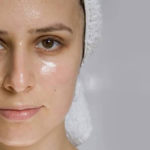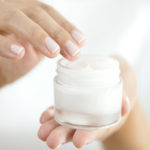Cinnamon essential oil is highly regarded in Eastern medicine and has numerous health benefits. In this article, Dr. Nguyen Thuong Hanh, a specialist in Internal Medicine and Emergency Resuscitation, shares her expertise on the wonders of cinnamon oil and provides simple ways to make it at home.
1. Benefits of Cinnamon Essential Oil
Reduces Cancer Risk
The compounds in cinnamon oil have anti-cancer properties, especially in reducing the risk of lung, breast, and prostate cancers. It also helps detoxify enzymes in the colon, preventing colorectal cancer.
Additionally, cinnamon oil contains “EGFR-TK,” a type of protein that fights against squamous cell carcinoma in the head and neck.
 Reduce Cancer Risk
Reduce Cancer Risk
Reduces Oxidative Stress
Oxidative stress is a contributor to various dangerous diseases, including heart disease and diabetes. Cinnamon oil possesses similar activities to the enzyme superoxide dismutase, enabling it to combat oxidative stress naturally. This property helps prevent conditions such as cardiovascular disease and diabetes while reducing the risk of early death.
Lowers Cholesterol Levels
Cinnamon oil can effectively reduce total cholesterol, LDL cholesterol, and triglycerides while maintaining good cholesterol (HDL) levels.
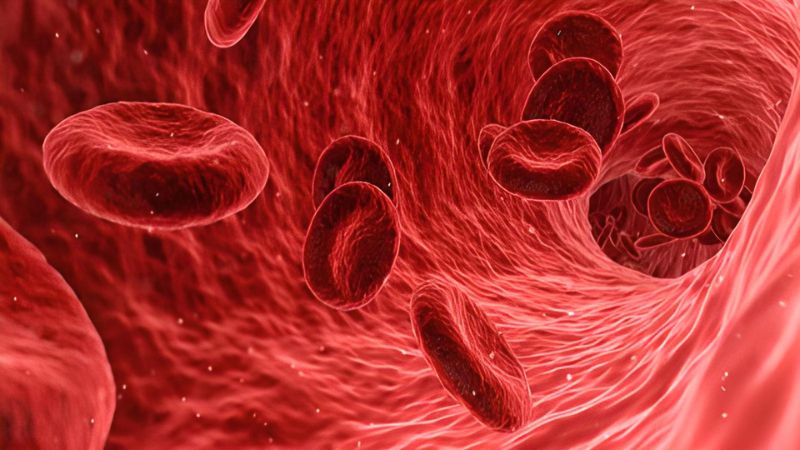 Lower Cholesterol Levels
Lower Cholesterol Levels
Antimicrobial Properties
The chemical constituents of cinnamon oil, such as cinnamaldehyde, cinnamyl acetate, eugenol, and eugenol acetate, are effective against bacteria, germs, and fungi. Using cinnamon oil for inhalation or topical application is a safe and efficient way to support antimicrobial and anti-infective actions.
Skin Care
The cinnamaldehyde in cinnamon oil can stimulate the production of certain proteins beneficial for treating skin inflammation and disorders like acne. However, it is crucial to perform a patch test on a small area of the skin before applying it to inflamed areas to avoid adverse reactions, especially for those with sensitive skin.
 Skin Care
Skin Care
Weight Loss Aid
Cinnamon oil helps curb appetite, making it a valuable tool in weight loss journeys. It stabilizes blood sugar levels, reducing cravings and supporting successful weight management.
Cosmetics and Skin Care
Products containing cinnamon oil are often favored by consumers due to their captivating fragrance and effectiveness. Cinnamon oil is a key ingredient in various cosmetic and skincare products, including perfumes, body lotions, hand creams, and lip balms, known for their moisturizing, long-lasting fragrance, and skin-rejuvenating properties.
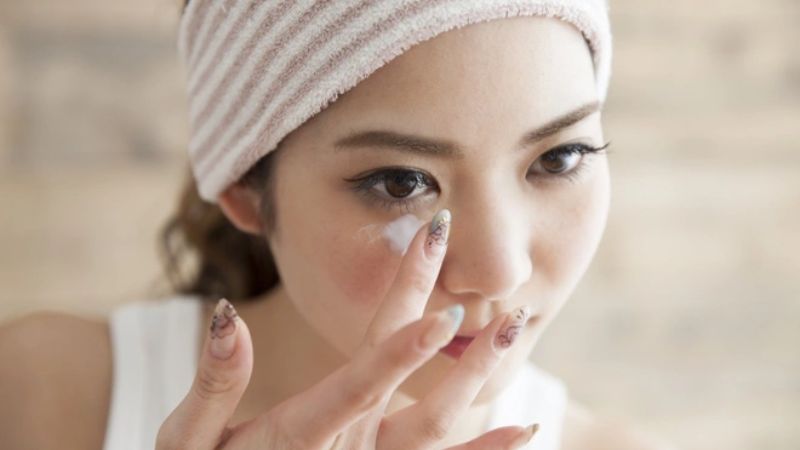 Important Role in Cosmetics and Skin Care
Important Role in Cosmetics and Skin Care
Food and Beverage Industry
Cinnamon oil is commonly used in the production of food and beverages, particularly in the manufacturing of sugar-free drinks, chewing gum, and candies. It also serves as a flavoring agent in baked goods and is used in cooking various dishes. The FDA has approved cinnamon oil for food and beverage applications, but it’s essential to use it in moderation as excessive heat can diminish its beneficial properties.
Pharmaceutical Industry
Traditional and modern medicines for Parkinson’s and Alzheimer’s diseases often contain cinnamon oil and compounds like cinnamaldehyde, cinnamate, and cinnamic acid. These substances exhibit neuroprotective, anti-inflammatory, anticancer, and antimicrobial properties.
Cinnamon oil also helps regulate blood sugar levels by mimicking the action of insulin, facilitating the absorption of glucose into cells. This property makes it valuable in diabetes treatment.
 Important Role in the Pharmaceutical Industry
Important Role in the Pharmaceutical Industry
Additionally, cinnamon oil inhibits the secretion of digestive enzymes that stimulate appetite and slows gastric emptying. Cinnamon oil extracts also improve liver enzymes, reduce blood sugar and cholesterol levels, lower triglycerides, and positively impact C-reactive protein in treating fatty liver disease.
Treats Various Ailments
Cinnamon oil is renowned for its ability to alleviate stress and depression when used in aromatherapy or massage therapy. It also enhances libido and sexual performance by prolonging intercourse and reducing weak sperm count in men due to its potent antioxidant properties.
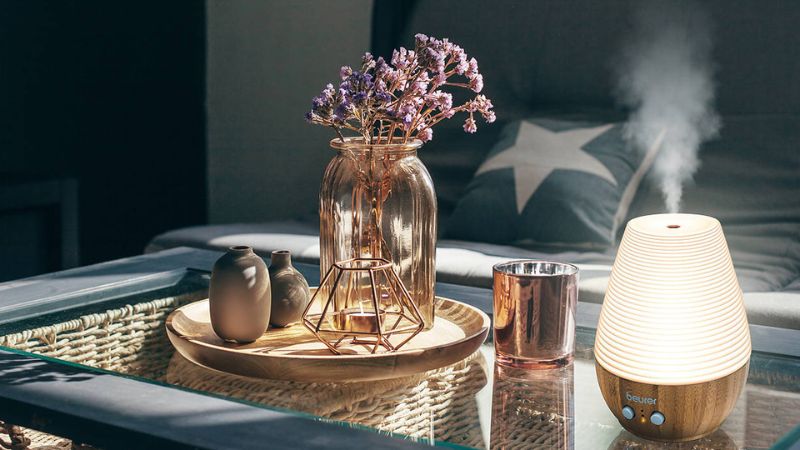 Treats Various Ailments
Treats Various Ailments
Furthermore, cinnamon oil excels in relieving joint and muscle pain and alleviating flu and cold symptoms. Its aromatic fragrance also helps deodorize and disinfect the environment.
2. Three Methods to Make Cinnamon Essential Oil at Home
Non-Heat Infusion Method
Ingredients
- Cinnamon sticks
- Glass jar, preferably green or amber-colored, with a flat and wide mouth.
- Carrier oil
Carrier oils are essential to extracting cinnamon oil from the sticks. You can choose a carrier oil based on your preferences and intended use. Some suitable options include:
- Almond Oil: Rich in fatty acids, vitamins, and minerals, making it ideal for moisturizing dry and sensitive skin.
- Grapeseed Oil: Has a subtle scent and creates a relaxing atmosphere.
- Apricot Kernel Oil: Provides the right amount of moisture for the skin without feeling greasy.
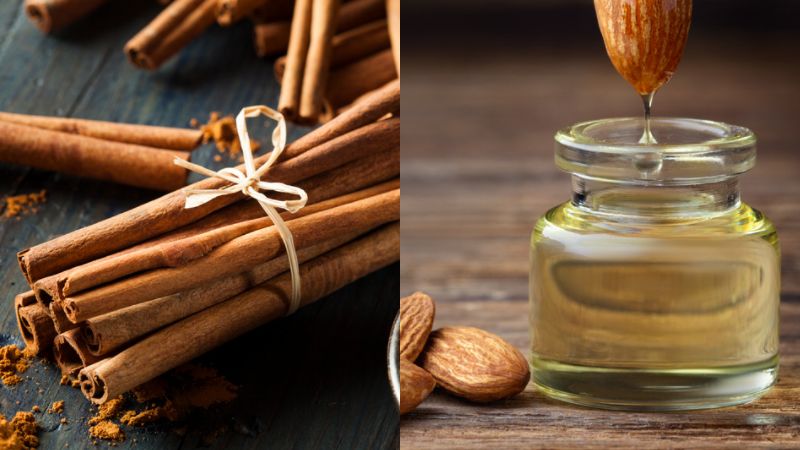 Non-Heat Infusion Method Ingredients
Non-Heat Infusion Method Ingredients
Instructions
Water Distillation Method
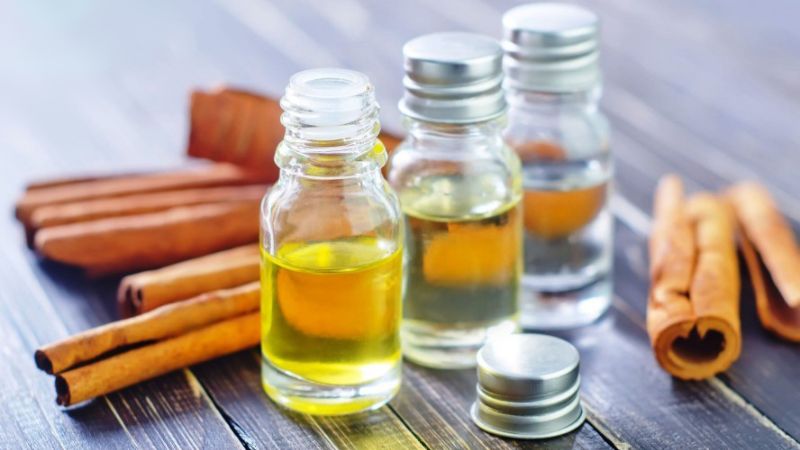 Water Distillation Method
Water Distillation Method
Ingredients
- Cinnamon sticks
- 1 glass jar with a lid
- Water
- 1 clean cloth
Instructions
Heat Infusion Method
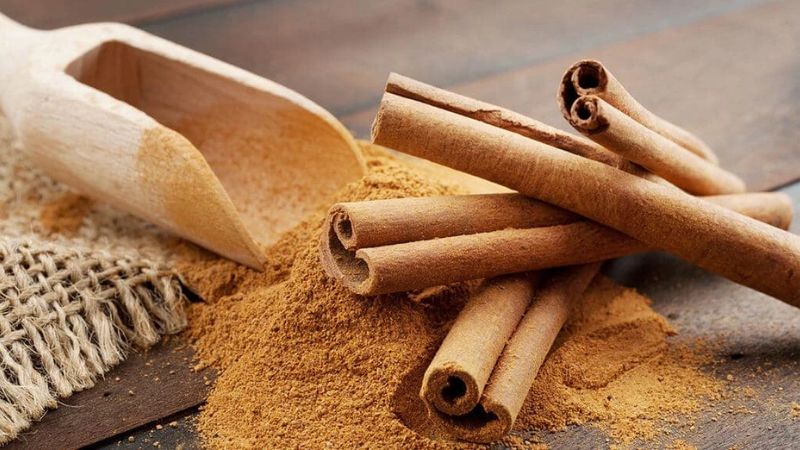 Heat Infusion Method
Heat Infusion Method
Ingredients
- 5-10 cinnamon sticks
- Olive oil
- Pot
- Dark-colored glass bottle
- 1 clean cloth
Tip: If you can’t find cinnamon sticks, you can substitute them with cinnamon powder.
Instructions
3. Ways to Use Cinnamon Essential Oil
Hang Cinnamon Oil Bottles in Your Home
This method not only effectively repels mosquitoes but also adds a decorative touch to your home. Simply fill small glass bottles with cinnamon oil and secure them with stoppers that allow the oil to evaporate. Hang these bottles around your home, especially in dark corners.
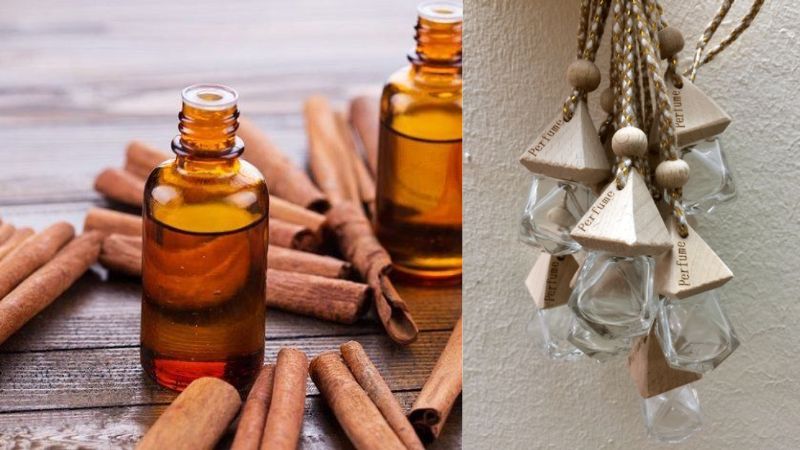 Hang Cinnamon Oil Bottles in Your Home
Hang Cinnamon Oil Bottles in Your Home
As the cinnamon oil evaporates, it will repel mosquitoes and fill your home with a pleasant fragrance. Remember to replenish the oil regularly, as it evaporates quickly.
Spray Cinnamon Oil Around Your Home
Dilute cinnamon oil with water and transfer it to a spray bottle. You can then spray it anywhere in your home to repel mosquitoes and create a natural, soothing aroma.
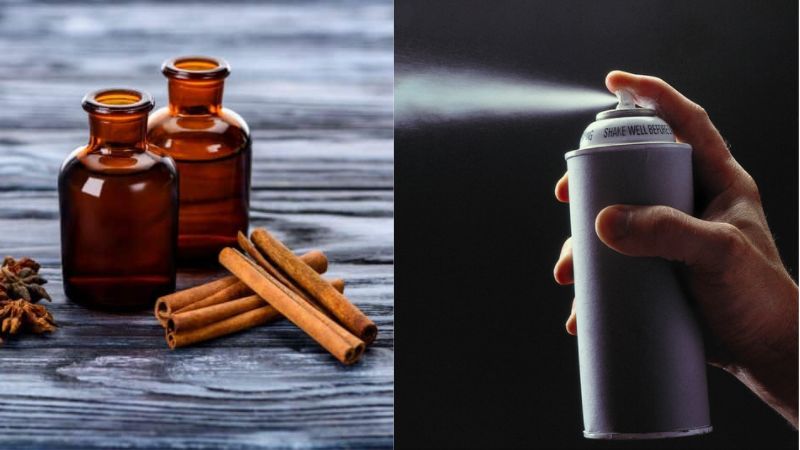 Spray Cinnamon Oil Around Your Home
Spray Cinnamon Oil Around Your Home
Add Cinnamon Oil to Your Floor Cleaning Solution
To quickly and conveniently spread cinnamon oil throughout your home, add a few drops to your floor cleaning solution. Not only will it repel insects, but it will also help disinfect your floors thanks to its antimicrobial properties.
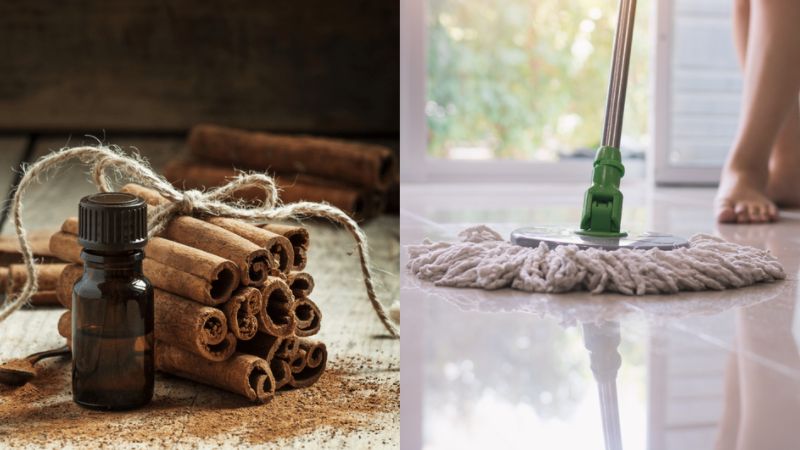 Add Cinnamon Oil to Your Floor Cleaning Solution
Add Cinnamon Oil to Your Floor Cleaning Solution
This method is commonly used in offices, hotels, hospitals, and schools as it is safe, natural, and leaves a pleasant fragrance.
Use an Essential Oil Diffuser
Essential oil diffusers are popular for maintaining optimal humidity levels in the home. Using a diffuser with cinnamon oil creates a relaxing and refreshing atmosphere while keeping mosquitoes



























